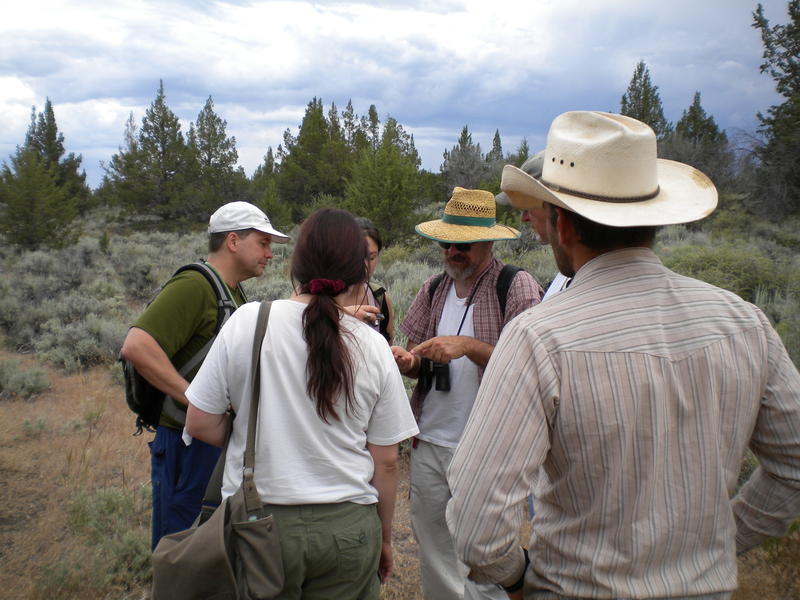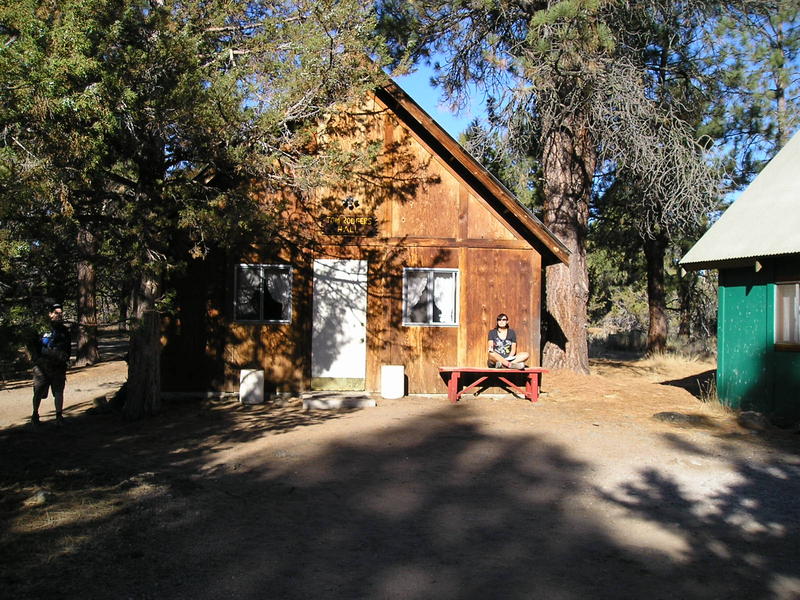Fieldwork



Location: 85FFCQWV+74
Session Dates: May 5 to May 31, 2025
Application Deadline: March 3, 2025
Deadline Type: Contact for Details
Website: https://anthro.utah.edu/fieldschools/zooarchaeology_fieldschool.php
Program Type:
Field School
RPA Certified:
No
Affiliation:
University of Utah
Project Director:
Jack M. Broughton
Project Description:
Questions involving past human foraging behavior, paleoecology, and paleoclimate can be addressed through the identification and analysis of archaeological vertebrate remains. These aspects of zooarchaeology serve as the main goals of this novel, hands-on, laboratory- and field-based course. Unlike any other archaeological field experience, students will gain expertise in the identification of fragmentary vertebrate remains from archaeological contexts in the western U.S. and at the same time be immersed in the natural history and ecology of local vertebrate animals in a remote and scenic setting. Topics that will be covered include foraging theory, prey choice, the nature of the archaeofaunal record, units of quantification, taphonomy, ecological concepts and theory, vertebrate taxonomy and natural history, and skeletal preparation. Additional experience in archaeological vertebrate identification and analysis will be gained through the completion of a problem-oriented research project based on the analysis of one of several provided archaeofaunal assemblages from sites in western North America. The research project will be presented at 20th Annual Stanley J. Olsen Zooarchaeological Conference held at the end of the course.
Period(s) of Occupation: Historic/Holocene/Pleistocene
Notes:
This unique field and laboratory course trains students in zooarchaeology: the identification and analysis of animal remains from archaeological sites. Held at the remote and scenic Range Creek Field Station (Utah), students are also immersed in the natural history and ecology of local vertebrate animals. Students complete a problem-oriented research project based on the analysis of one of several provided archaeofaunal assemblages. Results of the research project will be presented at a professional zooarchaeological conference held at the end of the course. University of Utah; six semester credit hours.
Project Size: 1-24 participants
Experience Required: No previous field experience or background in zooarchaeology is required and we welcome a wide range of academic backgrounds.Previous coursework in archaeology or related fields is recommended but not essential.
Room and Board Arrangements:
Course Organization
The course will begin (May 5-9) with five-day intensive introduction to zooarchaeology, vertebrate osteology, and natural history by zoom. Students will then meet in Salt Lake City (May 12) and we will proceed from there on a 6-day camping field trip across the state of Utah. We will explore many of the most important archaeological sites in the Great Basin and Colorado Plateau (e.g., Danger Cave, Hogup cave, Lakeside Cave, Homestead Cave, Cowboy Cave, Sudden Shelter, Bonneville Estates Rockshelter) and study the different habitats and vertebrate faunas of the regions. We will then stay for the remainder of the course (May 18-May 31) at the remote and scenic Range Creek Field Station in eastern Utah with continued field and lab studies and lectures on various topics in zooarchaeology. Students will complete a problem-oriented research project at the field station and present an oral presentation on that work at the conference on May 30. We depart on May 31.
Academic Credit:
6 semester credit hours credits offered by University of Utah. Tuition and course fee (for room and board, vehicles) is $3500 (approximate) .
Jack M. Broughton
260 S. Central Campus Drive, Suite 4625, University of Utah
Salt Lake City
Utah
84112
USA
jack.broughton@anthro.utah.edu
Phone: 801-581-8869
Fax: 801-581-6252
The AIA is North America's largest and oldest nonprofit organization dedicated to archaeology. The Institute advances awareness, education, fieldwork, preservation, publication, and research of archaeological sites and cultural heritage throughout the world. Your contribution makes a difference.
Notifications